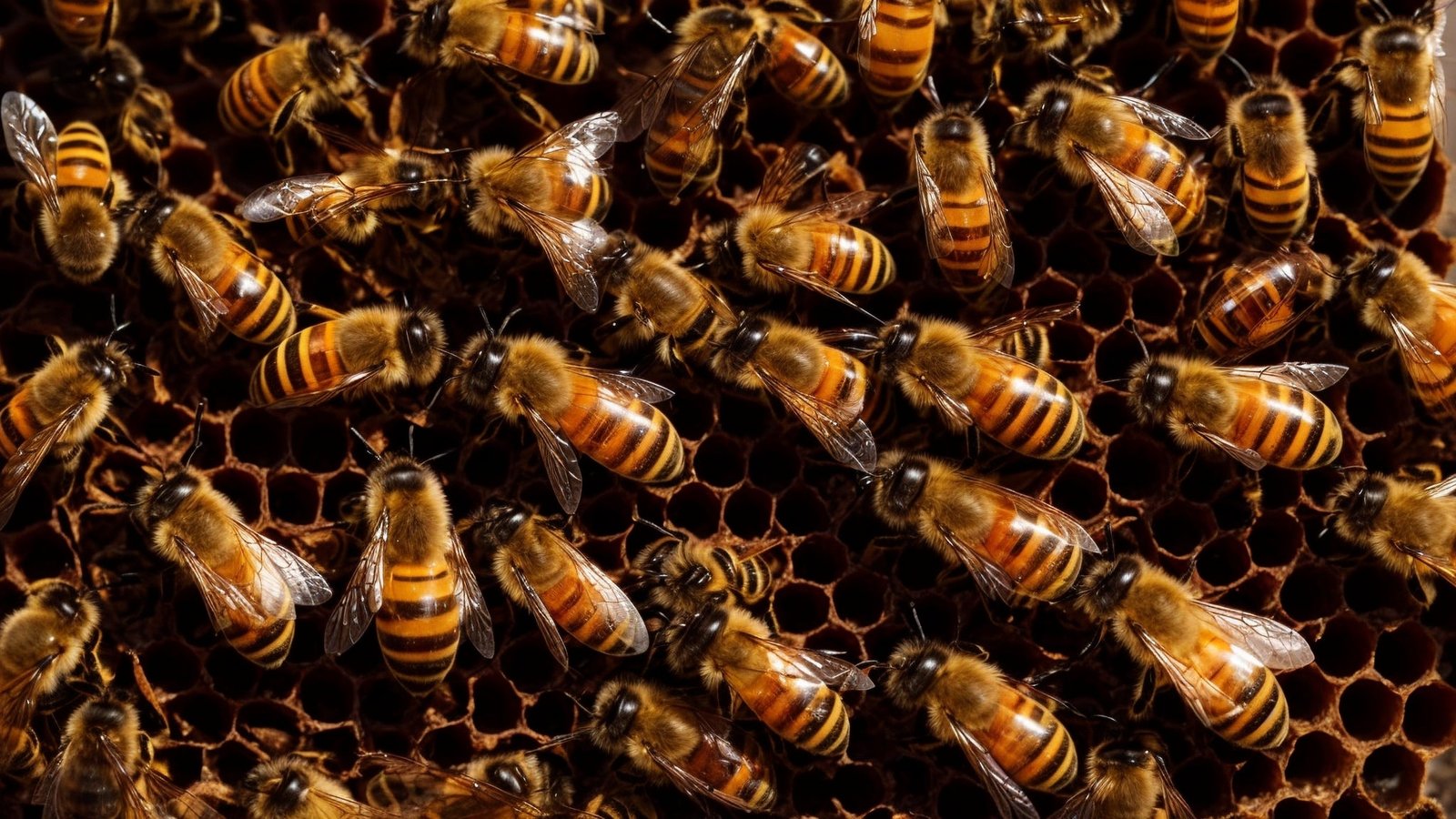Exploring the Difference Between Bee Pollen and Bee Bread
Are you curious about the distinction between bee pollen and bee bread? Both bee pollen and bee bread are products of the industrious bees, packed with nutrients and health benefits. Let’s dive deeper into the fascinating world of these bee-derived superfoods to understand their differences and discover their unique qualities.
What is Bee Pollen?
Bee pollen is the pollen collected by bees from flowering plants. The bees gather the pollen using their specialized hairs and mix it with nectar or saliva to form small granules. These granules are brought back to the hive, where they serve as a vital source of nutrition for the entire bee colony. Bee pollen is often referred to as nature’s multivitamin due to its rich concentration of proteins, vitamins, minerals, and antioxidants.
What is Bee Bread?
Bee bread, on the other hand, is a fermented mixture of bee pollen, honey, and bee saliva. The bees store the collected bee pollen in the hive, where it undergoes a natural fermentation process. This fermentation enhances the nutritional value of the pollen, making it more easily digestible and increasing its bioavailability. Bee bread is a highly nutritious food source for bees and is used to feed developing larvae and nourish the entire bee colony.
The Key Differences
- Processing: Bee pollen is the raw, unprocessed pollen collected directly from flowers, while bee bread is fermented bee pollen mixed with honey and bee saliva.
- Nutritional Value: Bee bread has a higher nutritional value compared to bee pollen due to the fermentation process. It enhances the bioavailability of nutrients and increases the concentration of beneficial enzymes.
- Digestibility: Bee bread is more easily digestible than bee pollen because of the fermentation process, which breaks down complex compounds into simpler forms.
- Usage: Bee pollen is often consumed as a dietary supplement for its health benefits, while bee bread is not commonly available for human consumption but can be found in some natural health products.
Both bee pollen and bee bread offer numerous health benefits, thanks to their rich nutrient profiles. They are known for their potential to boost the immune system, support cardiovascular health, enhance energy levels, and provide antioxidant protection.
The Benefits of Bee Pollen
Bee pollen is a potent nutritional supplement that provides a wide range of benefits. It is a complete protein source, containing all essential amino acids required by the body. This makes it an excellent choice for vegetarians and vegans. Bee pollen is also rich in vitamins such as vitamin C, vitamin E, and B-complex vitamins, which play a crucial role in supporting overall health and well-being.
In addition to its protein and vitamin content, bee pollen is packed with minerals like iron, zinc, and magnesium. These minerals are essential for various bodily functions, including immune system function, energy production, and muscle health.
Bee pollen is also a potent antioxidant, thanks to the presence of flavonoids and phenolic compounds. Antioxidants help protect the body’s cells from oxidative stress and damage caused by free radicals. By reducing oxidative stress, bee pollen may help promote healthy aging and support the body’s natural defense mechanisms.
The Power of Bee Bread
Bee bread, being a fermented form of bee pollen, offers additional benefits compared to its raw counterpart. The fermentation process breaks down complex compounds present in bee pollen, making it easier for the body to absorb and utilize the nutrients.
One of the key advantages of bee bread is its enhanced bioavailability. The fermentation process increases the concentration of beneficial enzymes, making the nutrients more readily available for the body to absorb and utilize. This means that the body can derive maximum benefit from the nutrients present in bee bread.
Bee bread is also known for its probiotic properties. During the fermentation process, beneficial bacteria are introduced, which can help promote a healthy gut microbiome. A healthy gut microbiome is essential for optimal digestion, nutrient absorption, and overall immune function.
Choosing the Right Option for You
When it comes to choosing between bee pollen and bee bread, it’s important to consider your specific needs and preferences. Bee pollen, being the raw and unprocessed form, may be preferred by those looking for a natural dietary supplement to support overall health and well-being.
On the other hand, bee bread, with its enhanced nutritional value and digestibility, may be more suitable for individuals seeking a highly potent and easily assimilated source of nutrients. However, it’s important to note that bee bread is not commonly available for human consumption and is mostly used by bees to nourish their colonies.
If you are considering incorporating bee pollen into your daily routine, BeeActive Blend is an excellent choice. This product is sourced from pristine environments, ensuring the highest quality bee bread. With its exceptional purity and potency, BeeActive Blend can help strengthen your immune system and support your overall health. You can find more information about BeeActive Blend here.
Remember, always choose high-quality bee pollen or bee bread products from trusted sources to ensure purity and potency. Whether you choose bee pollen or bee bread, adding these bee-derived superfoods to your diet can be a wonderful way to harness nature’s goodness and support your well-being.

